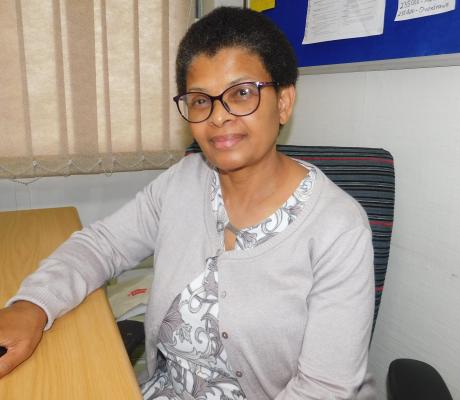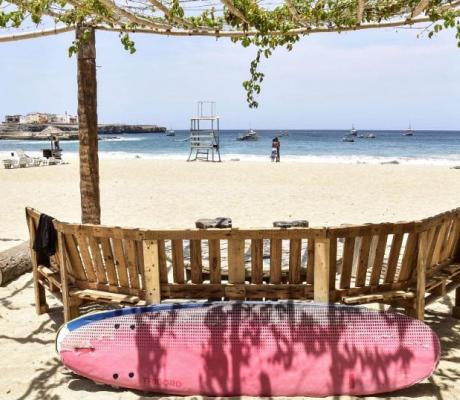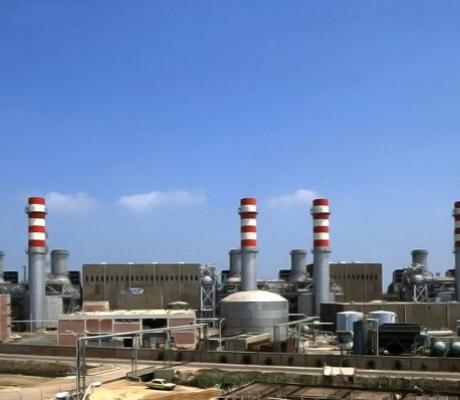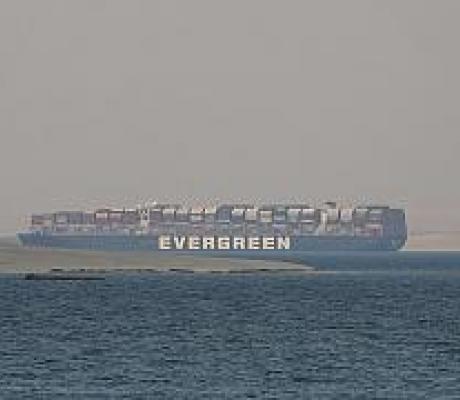Africa is a continent richly endowed with mineral resources, and yet remains underdeveloped. Many around the world, when asked about what they know about Africa, the first thing that comes to their minds is poverty.
World Bank studies on poverty show that poverty is declining in general in the south, but the rate of reduction in Africa is slower compared to South America and southern Asia. Their prediction is that in the next 25 years, 90% of the world’s poor people will be in Africa. One just has to ask: how can this be consistent with a continent that is so rich in mineral deposits?
Current Situation and Causes
The problems and challenges facing Africa come from different angles; some are in the political arena; others are predominantly or can predominantly be solved by the general populace. One of the problems is that Africa’s resources are sold on the world market at extremely low prices, and this is mainly in the political domain to address. Other problems like wealth creation through private enterprises have to do with the partnership between the political arena and the general populace. Governments generally provide infrastructure that is needed to drive wealth creation, create institutions that facilitate entrepreneurship and offer support and assistance to private entrepreneurship. Private enterprises are mainly started and founded by the general populace.
There is some form of development in Africa, more than the mainstream media has shown. Most African economies are growing at consistent rate of more than 5% annually. Yet, despite all this, there is still poverty in Africa that affects many households. Many other areas still need further development, and there is a need to invest more in social infrastructure like functional healthcare.
Despite growing economies, there is still a widespread shortage of jobs. To combat this, many have been starting micro businesses with little capital but don’t turn enough profit to expand or divert into other forms of more lucrative businesses. In fact, African women are known to be more involved in business activities than many of their counterparts in other parts of the world. They also tend to stay longer in business in comparison to African men.
Proposed Solution
Economic development and poverty reduction through job creation are predominantly tackled through the creation of private enterprises. There is economic activity in Africa, but often it is too micro to make any significant contribution to economic growth. Most of the micro businesses are one-man operations that haven’t grown and the death rate among them is too high, as competition is too stiff. Many are concentrated in the overtraded retail space, and sometimes what it traded is imported.
It is reported that there are mainly 3 impediments to entrepreneurship in Africa, and these are:
- Lack of startup and expansion capital
- Lack of entrepreneurial skills
- Lack of access to markets
It makes sense to tackle the above three if we are to talk about meaningful economic growth in Africa. There is generally lack of capital and limited governments financial support to entrepreneurs, due to budget constraints. The author proposes joint ventures between the diaspora and local businesspeople. The diaspora invests in the businesses owned by the locals, grow them. The locals, since they know their areas well, come up with business ideas, then go into business partnership with the diaspora. Partnership does not necessarily have to be 50/50; it could be 60/40. The local must be involved full time in their businesses. The diaspora also offer entrepreneurship mentoring to local African businesspeople. Production will predominantly be aimed at the local market, but where possible, the diaspora may help facilitate the export of the goods to their home countries.
As mentioned, many are trading in the overtraded retail space with little profits. The logical move will be to move them from the overtraded retail space into agro-processing. It is reported that 60% of farm produce in Africa goes to waste, causing farmers to lose their income. Agro-processing and cold room storage seems like the obvious solution to the problem.
Most sub-Saharan economies need to be industrialized to improve economic productivity and growth. The manufacturing of small consumer goods is another low hanging ripe fruit in Africa. Instead of importing most things, like people in Africa brushing their teeth with a toothpaste manufactured overseas, these are the things that can be produced locally. By continuing to import them, Africa continues to be a consumer, an extension of another country’s economy, just helping foreign economies to strengthen. Now, there is nothing wrong with import/export. We all need something from other countries and they in return need somethings from us. But let us industrialize our African economies, and we would rather import manufacturing inputs. Unless we industrialize our economies, they will never grow, and we will never have enough jobs to stamp out poverty or reduce it greatly.
China is making small manufacturing machinery, making it affordable to start a small manufacturing plant. Since most of the small consumer goods will be making new unknown brands, it makes sense to start small. Since it takes about 2 years to establish a new brand, it makes sense to start small, solidify the brand as a performing brand in the market’s view, before expanding the business.
Concluding Remarks
The diaspora may relocate and be personally involved in the business with their partners if they so wish, or it is something that they can do slowly over time. In the meantime, it is recommended that the partners have weekly face-to-face ZOOM or other online platform meetings to discuss business, with the diaspora providing business skills, while the partners address any problems or hiccups encountered during the week.
The author is waiting for the registration of her NPO to be through; application forms have been submitted to the South African relevant government department. As soon as this is through, then registration in other African countries will ensue, starting with Mozambique and Zimbabwe, and the NPO will assist to facilitate the discussions and partnership agreements, as well as provide initial free entrepreneurial training to local African businesspeople, many of whom will be diverted from street vending into manufacturing and farming. Farming methods will be upgraded to yield more crops.
The author believes that there are ample opportunities in Africa; therefore Africans do not need to escape Africa to some greener pastures, but need to look with entrepreneurial eyes, exploit local opportunities to grow their economies, create employment and help reduce poverty levels and grow the economies. We need to see ourselves as the agents of the change that we want to see in Africa, and not try to escape and come back only when someone else has developed our economies, countries and our continent. The onus is on us, together with the diaspora.
Based on these convictions, the author of this article has also put her thoughts together in an e-book called “Building the Africa that we want: with 55 thriving economies”. It is available from Smashwords and Amazon, in the links provided below.
© Muriel Kgomotso Gill - January 2023
About the Author

Muriel Gill has largely worked for the public sector in her country, South Africa. First, she worked for a decade for the Department of Agriculture and later for the University of South Africa. In between, she tried her hand at private business and authored a few books. She holds a master’s degree in Entrepreneurship from the University of South Africa.
https://www.smashwords.com/books/view/1132489
https://getbook.at/buildingafricam






